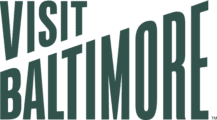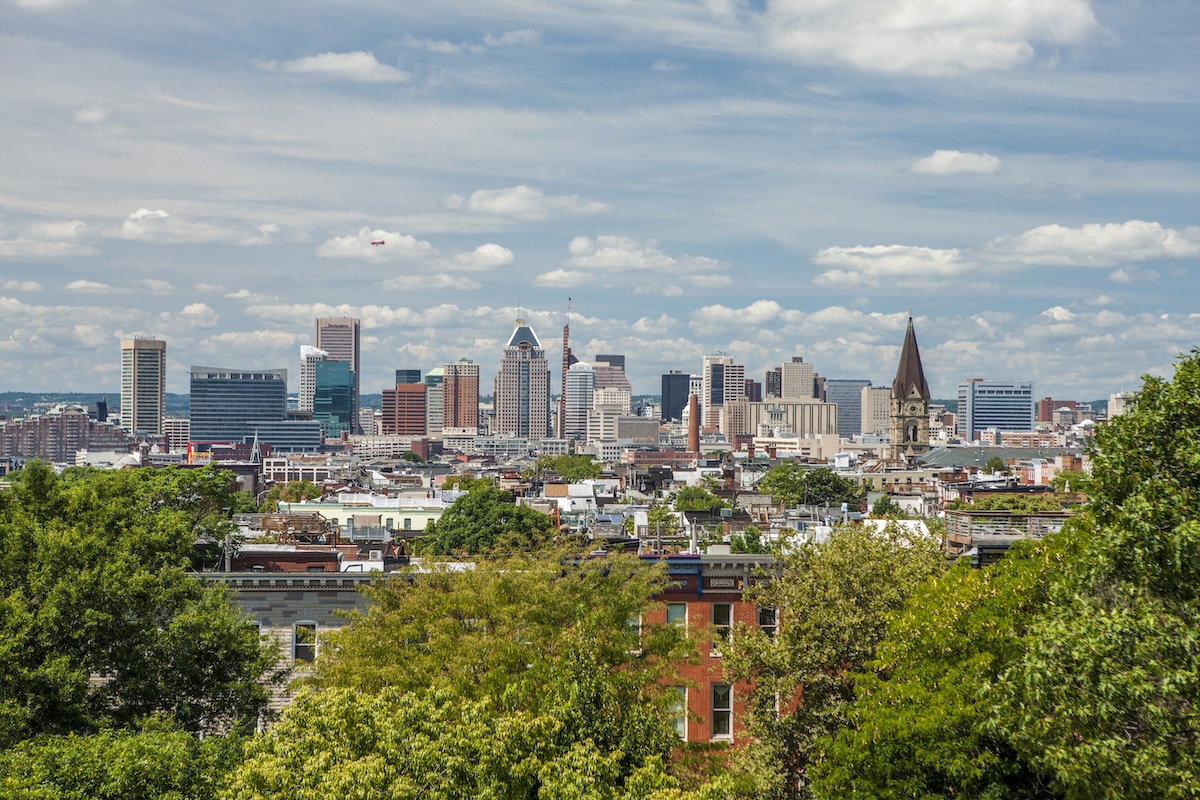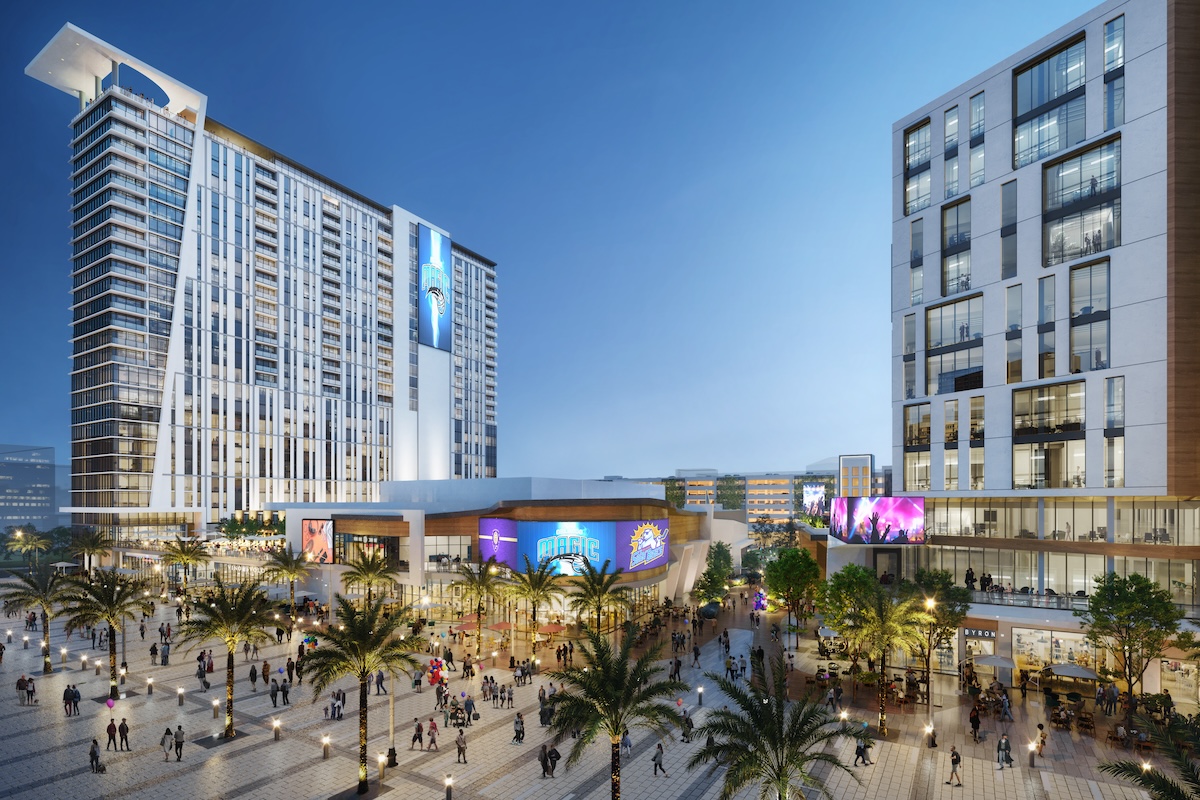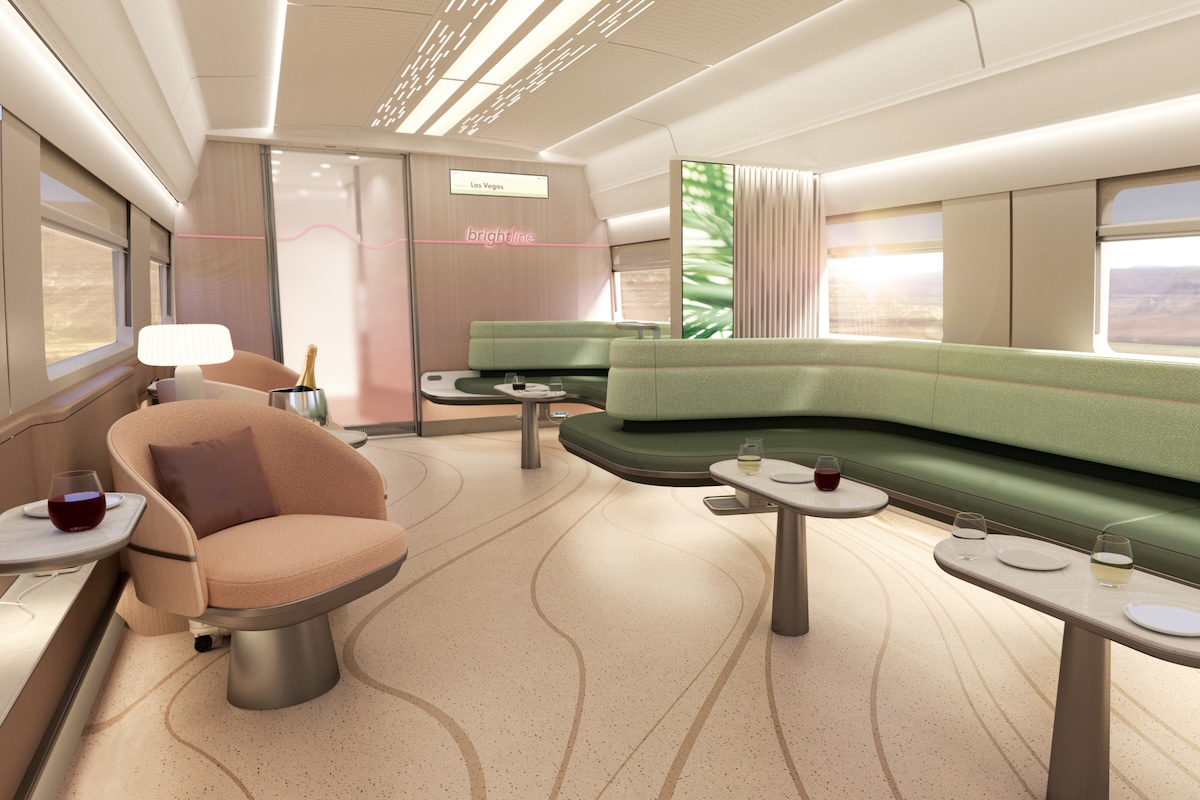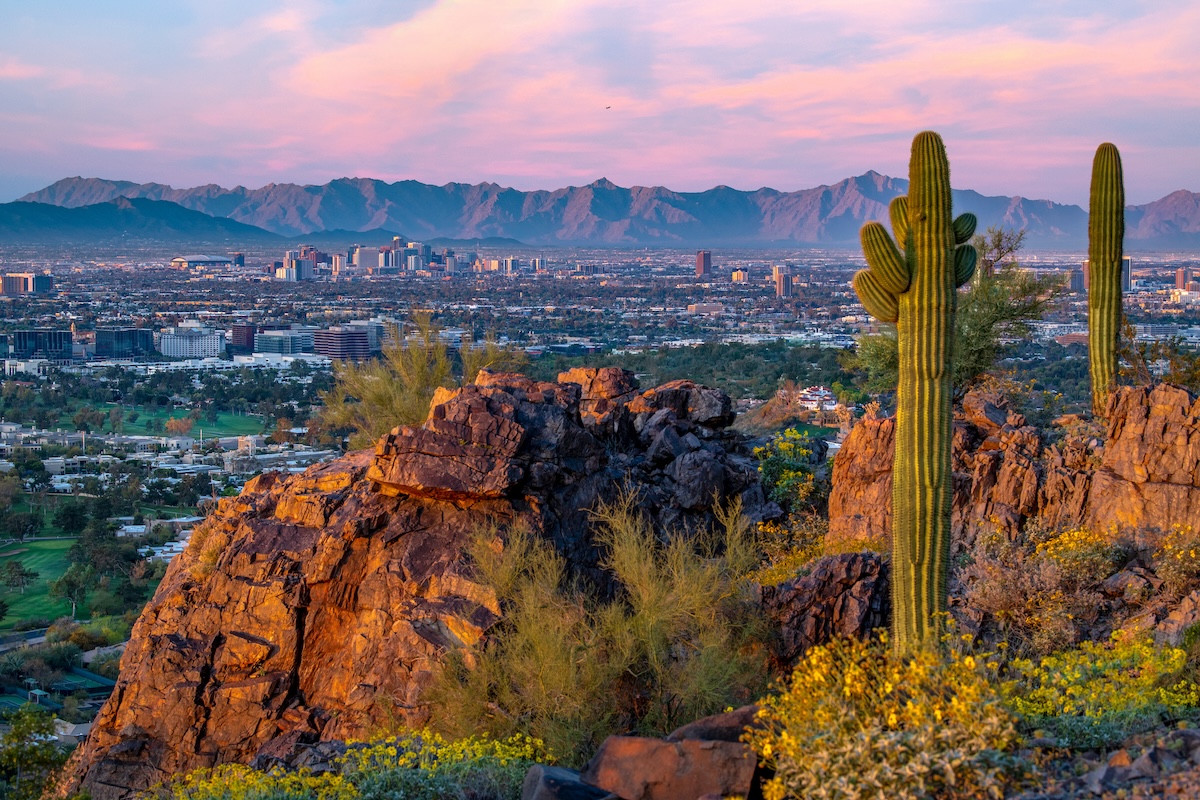Skift Take
There are two key factors behind groundbreaking innovations: infrastructure that supports research and development, and a community spirit that nurtures both startups and local talent. Find out how this winning combination provides the ideal setting for future-forward meetings and events in Baltimore.
This content was created collaboratively by Visit Baltimore and Skift’s branded content studio, SkiftX.
There’s no denying that our world is becoming increasingly digital everyday, and that means the future of business is squarely rooted in technology. Planners looking to entice attendees into event travel should pay attention to whether or not the destination hosts a booming tech industry. This means looking for a location that promises access to cutting-edge research culture and a ready base of local talent keen to network and share insights on-site.
But being tech-forward doesn’t have to mean neglecting the human side of conference programming and legacy planning. As attendees become more intentional about selecting events that align with their values, it’s essential to look for destinations that put community first. Cities working to make tech opportunities more accessible combine both innovation and social responsibility.
Baltimore provides an excellent case study for how multiple initiatives can weave together to create extraordinary potential for future growth. As an emerging innovation powerhouse, Charm City has everything to offer event travelers looking to understand tech advances while making industry connections in an unforgettable locale. Fueled by local pride and commitment to community, Baltimore boasts multiple non-profits designed to nurture the next generation of tech superstars right at home. And the city’s synergies don’t just help to drive ROI for events; they’re a source of inspiration for forward-thinking visitors who will leave with a new take on the idea of community spirit.
Tech Investment Powers High-Value Event Destinations
Assessing a destination’s status as a tech hub means looking at the level of investment flowing into specific areas of expertise. As a city that nurtures nearly 4,000 tech-related businesses, Baltimore is a site of major investment and value creation.
CompTIA has reported that in 2022 Baltimore’s tech sector delivered an economic impact of $20.2 billion, representing almost 10 percent of the local economy. This metric sits alongside one just as important: Women (28 percent), Black (21 percent), and Hispanic (4 percent) folks make up a significant proportion of the workforce that drives the city’s tech boom.
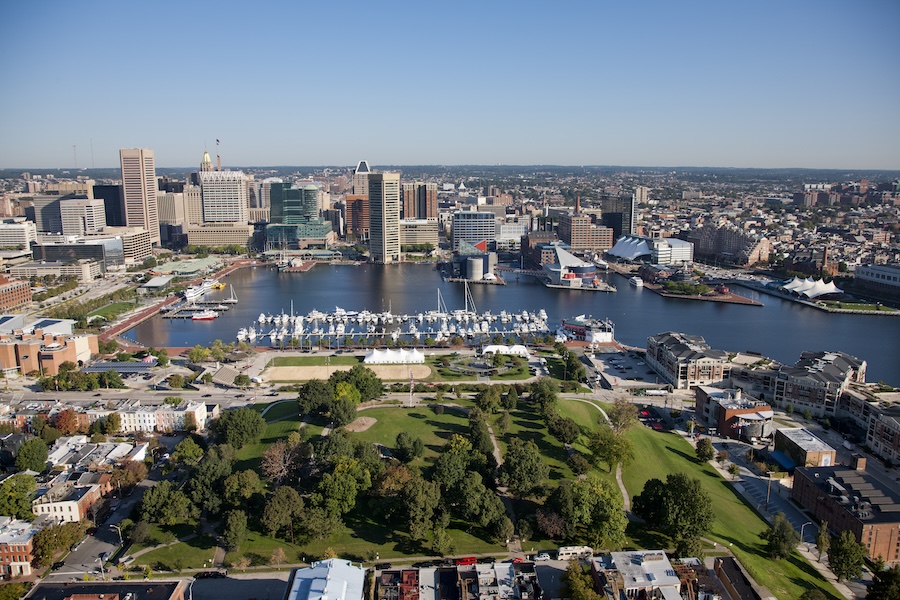

Given this context, it’s not surprising that this October, Baltimore was designated a federal tech hub, making it eligible for nearly $500 million in federal funding over the next five years. That’s estimated to create $4.2 billion in economic growth and an additional 52,000 jobs in AI, biotech, and predictive technology fields by 2030.
The community has seized this opportunity to establish initiatives that connect local talent to this forward momentum. As Fearless COO and partner John Foster explains, “Baltimore is uniquely located, with hundreds of tech companies, seven large tech incubators and six major universities within a few miles of downtown.”
Since it was established in 2016, Fearless has won over $120 million in public service contracts through its approach to integrating human-centered insights with cutting-edge digital tech. Its approach to “building software with a soul” is reflected in Hutch, an incubator that opens doors for people who want to grow their potential in the digital economy with just a few requirements: Candidates must be involved in public-sector service, and they must be “down with Baltimore.” Foster’s reasoning? “Baltimore is a city full of people and organizations who’ve made it their mission to improve our community, and we’ve been engaging with and supporting these groups since we were founded.”
World-Class R&D Projects Make For World-Class Networking
Attendees measuring the costs of event travel are looking to interact with their professional peers, local industry luminaries, and up-and-coming talent. At the RFP stage, event planners should take the time to align these goals with what the host destination can offer. Here it’s worth going beyond established (and possibly outdated) preconceptions and doing some research.
For instance, let’s look at Baltimore’s world-class standing in the medical sciences. Over $700 million was invested in Greater Baltimore’s life science companies between 2019 and 2021, not least because it has the highest concentration of employed Health Sciences PhD holders in the USA.
It’s home to Johns Hopkins University (JHU), which has ranked first amongst American colleges in research spending for 43 years and counting. It’s also home to the University of Maryland School of Medicine, where a pioneering program to transport donor organs by drone launched in 2019. The university also sits squarely in the center of the Biohealth Capital Region.
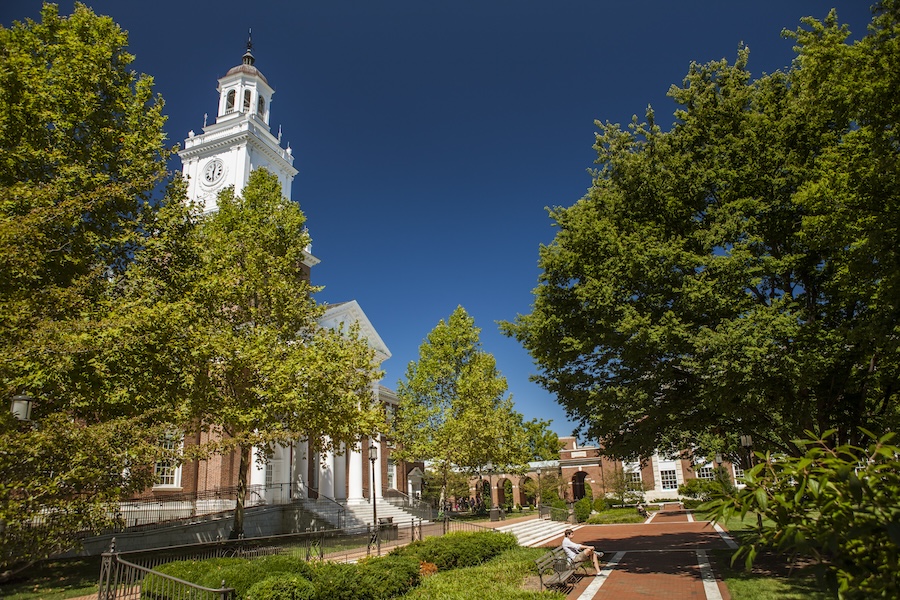

Collaboration Doesn’t Start or Stop at the Lab Door
Forward-thinking event attendees want a chance to engage with meaningful social initiatives in their field.
Its status as an innovation hub fuels Baltimore’s thriving non-profit community, and calls people from diverse backgrounds into a culture of STEM that is uniquely its own. As Brittany Young says, “It is rare to find people that have so much pride in their city and have the commitment to want and make change.”
Young is the founder of B-360, an organization that innovatively leverages dirt bike culture to equip Baltimore youth with skills that will help them pursue STEM opportunities. A whopping 93 percent of last year’s participants left with a keen appreciation of their ability to take part in Baltimore’s burgeoning tech scene. She says, “Our identity exists in our culture and our innate genius.”
Tonee Lawson also holds a strong community vision for Baltimore’s future. She’s the founder of The Be .Org, which offers year-long STEM and networking opportunities — culminating in an Annual Tech Conference that upskills participant coding skills by challenging them to create video games. For Lawson, The Be .Org’s work is all about connection: “It makes it very accessible to connect with researchers, professors, students and others to further your skills and network and land a job on a team that may be working on cutting edge technology.”
The Integration of Tech With Local Culture
Last but not least, a tech destination should offer opportunities to integrate cultural experiences into the agenda.
Todd Marks, President and CEO of Mindgrub, has some insight into how choosing unconventional venues can amplify the attendee event travel experience. The Baltimore Convention Center is just a few blocks away from city hotspots like Harbour East and Fell’s Point, and he recommends looking for venues right in the heart of these neighborhoods when possible. “In general, tech loves the intersection of culture, food, and creativity, so if you’re going to throw a tech event, look at areas that are in vibrant communities,” says Marks.
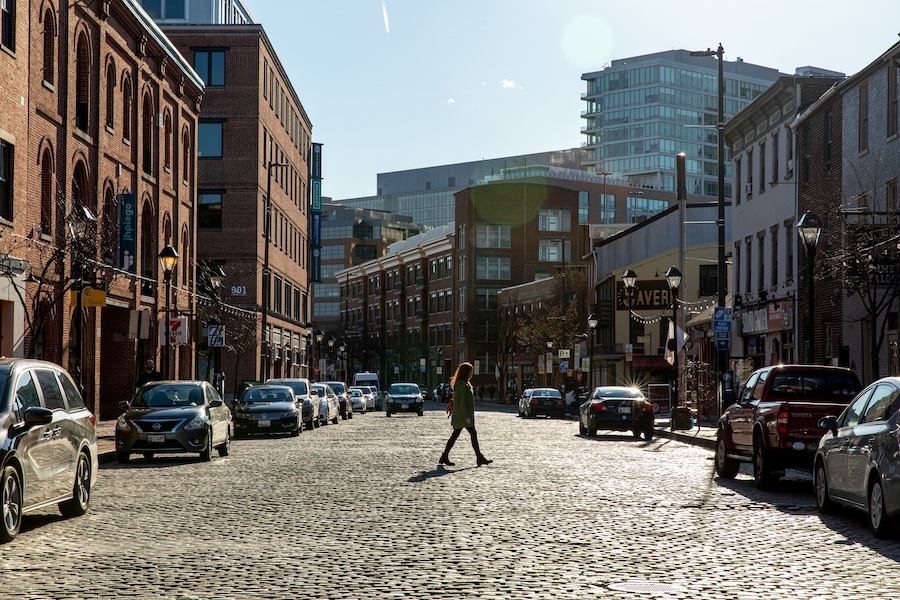

What provokes creativity both during and after conference sessions is the opportunity to engage. As Marks points out, it’s important for attendees to have a chance to experience something of the place they’ve traveled to: “That’s what you want to do in Baltimore. You want to be in the culture.”
For one of his company’s marketing events, Marks partnered with the Baltimore Symphony Orchestra. “We did a series called ‘AI in A Minor,’ and we used AI to write music in the theme of Mozart and [Philip] Glass, and then we had the quartet play that music,” explains Marks. While the AI program’s compositions were initially impossible to play, a human composer was able to rearrange the pieces for the orchestra’s musicians. “We wanted to show that instead of AI being a replacement for human talent, it allows them to do bigger and better things.”
Baltimore is teaming with these kinds of opportunities to combine innovative tech with the city’s vibrant cultural scene.
To see how you can access Baltimore’s community of tech leaders and startups for your next event, reach out to the experts at Visit Baltimore.
This content was created collaboratively by Visit Baltimore and Skift’s branded content studio, SkiftX.
